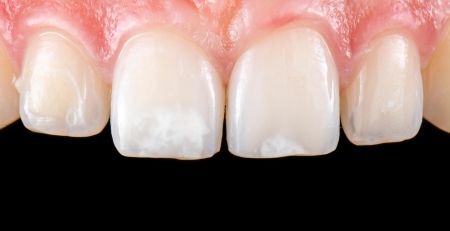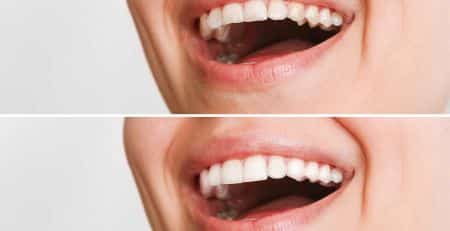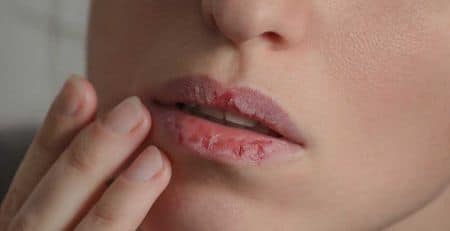Table of Contents
A black tooth is a dental concern that can alarm many people. Beyond the impact on your appearance, a darkened tooth may indicate underlying dental problems that require professional attention. Understanding the potential causes can help you recognise when to seek timely treatment.
Tooth Decay
Tooth decay is the most common reason a tooth may turn black. When bacteria in the mouth produce acids, they begin eroding the protective enamel. As cavities form and spread deeper into the tooth, the affected area can darken to brown or black. If left untreated, decay can progress quickly and compromise the tooth’s overall health.
Trauma or Injury
Accidents or injuries to a tooth can disrupt its blood supply and damage internal structures. Internal bleeding or the death of the tooth pulp may result, leading to the tooth gradually turning black. Even if the tooth initially feels fine, a dentist should always examine the tooth for trauma to prevent complications.
Dental Restorations
Older dental restorations, particularly silver amalgam fillings or metal crowns, may sometimes cause surrounding teeth to darken. Over the years, these restorations can stain or discolour adjacent tooth enamel, creating a blackened appearance.
Intrinsic Tooth Discolouration
Not all tooth discolouration is caused by decay or trauma. Some cases are intrinsic, meaning the darkening happens inside the tooth. Contributing factors may include developmental issues, the use of certain medications, or excessive fluoride exposure during childhood.
Pulp Necrosis
When the pulp inside a tooth becomes infected or dies, the breakdown of tissues can cause the tooth to appear grey or black. This condition often requires root canal therapy to save the tooth and prevent infection from spreading.
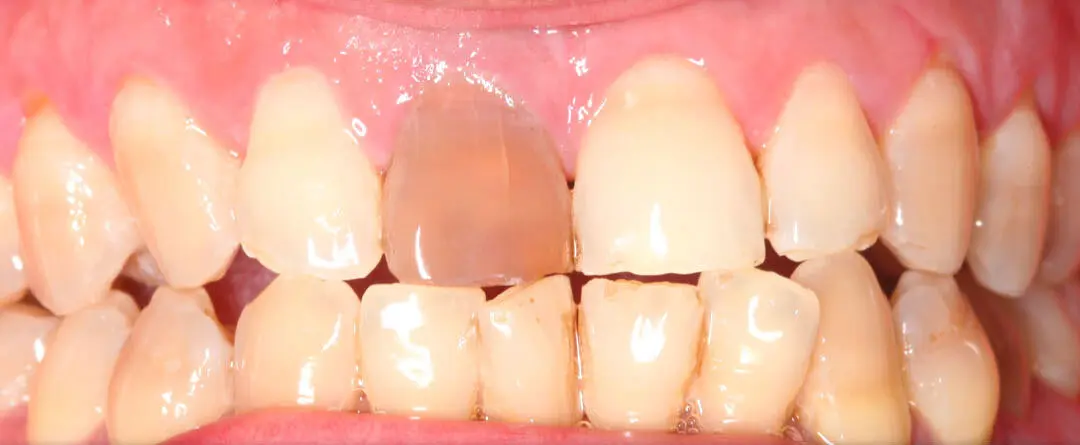
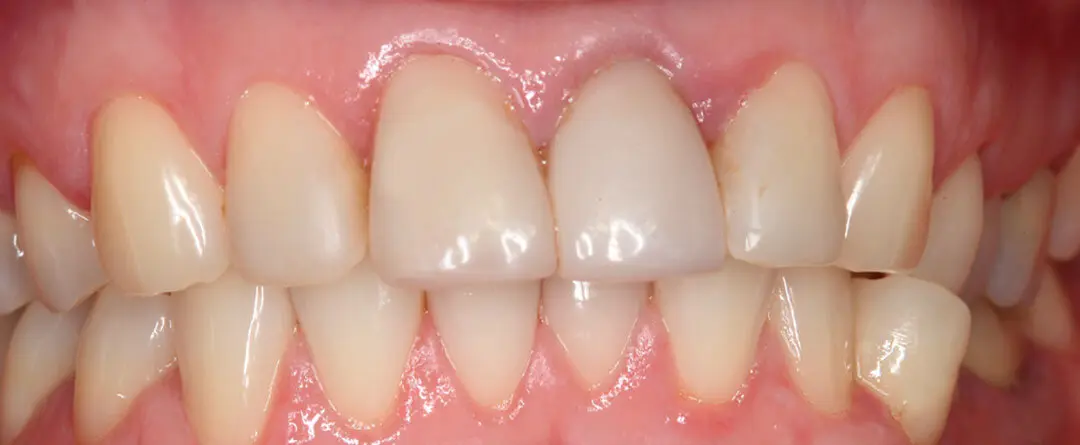
Bruised or Dead Tooth
A tooth can also “die” following significant trauma. When blood rushes to a chipped, fractured, or hit tooth with force, inflammation occurs. If the nerve and blood vessels inside the pulp are damaged, the tooth may lose vitality and turn black over time.
What Is Black Tartar?
Another cause of a tooth appearing black is tartar buildup—plaque forms when harmful bacteria accumulate on teeth. If not removed through brushing and flossing, plaque hardens into tartar (dental calculus). While tartar is usually yellow or white, certain habits and conditions can cause it to appear dark brown or black. Common contributors include:
- Smoking
- Diets high in sugar
- Frequent consumption of staining drinks such as coffee, wine, or cola
- Enamel erosion or damage
Once tartar hardens, it cannot be removed with at-home brushing. Dentists use a professional scaling procedure to remove tartar and restore gum health carefully. Prompt removal is necessary because untreated tartar can lead to gum disease.
Treatment Options for a Black Tooth
The proper treatment depends on the underlying cause of discolouration.
Root Canal Therapy
If decay or infection has reached the pulp, a root canal performed by an endodontist may be necessary. This treatment removes infection, preserves the natural tooth, and relieves pain.
Teeth Whitening and Composite Resin
Professional whitening may be used for surface-level discolouration, sometimes combined with composite resin to restore a more natural shade.
Porcelain Crowns or Veneers
When structural restoration is needed, a crown or veneer can cover the tooth. These restorations are custom-coloured to blend seamlessly with surrounding teeth.
Your dentist will recommend the most suitable treatment after a thorough examination, often supported by dental X-rays.
Protecting Your Smile
A black tooth should never be ignored. Early intervention prevents further damage and helps preserve oral health. The best ways to protect your smile are to maintain regular dental check-ups, practice good daily oral hygiene, and address issues as soon as they arise.
Disclaimer: The information in this blog is for educational purposes only and is not professional dental advice. It is not a substitute for an examination or treatment from a qualified dentist. Always consult your dentist or healthcare professional with questions about your oral health, and do not disregard professional advice based on this content.

